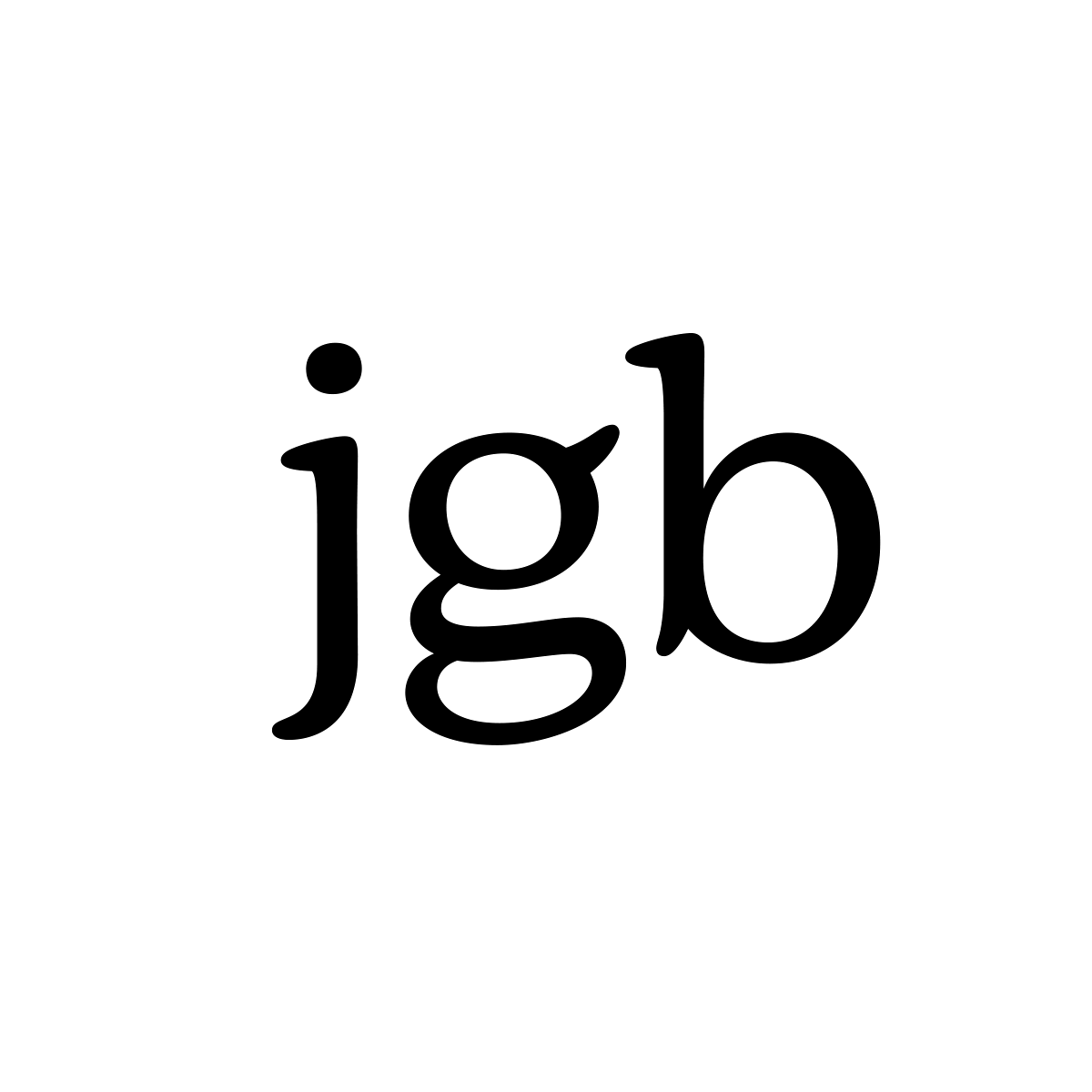How Age Thinks And Feels
Are young activists wrong to see parallels between current events and Harry Potter?

I’ve spent the weekend re-watching the Harry Potter movies with Harper. I know it is the cool thing, in recent years, to yell at young people for comparing America’s descent into fascism to children’s books about a school for wizards, but honestly, I feel like I can't blame them.
The rise of frightening forces representing the YA / wizarding version of white supremacists? The ascendancy of a tyrant collective? An overwhelming tide of disinformation, and the corruption and destruction of beloved institutions, while entire generations refuse to acknowledge that anything truly dangerous is happening?
For the last 25 years, kids have grown up reading and loving these stories. Then a similar set of awful things more or less started happening in real life. Yes, everyone should read more books. Yes, the author is a fetid trash pile. But I understand the comparison.
To be candid, one of the main engines that makes these stories work — same as with folk and faerie tales that persist through many ages of humankind — is that the stakes are real. People suffer and die.
However, I think what’s even more powerful is the bleak, awful realization the kids have that no help is coming. They’ll have to save themselves. Sometimes what that represents — the unraveling of the fundamental reality and societal structures you took for granted and assumed would always be in place — feels scarier to them than the ambient, encompassing threat itself.
It should feel that scary. It is scary. And if reaching back for a story from their childhood helps some people process it, or understand it — if it helps them figure out what they will personally do to save themselves — then the story is doing what stories are meant to do.

